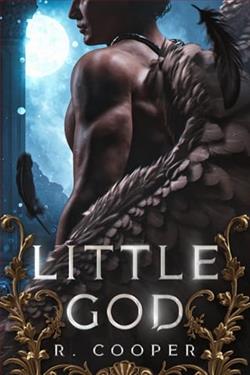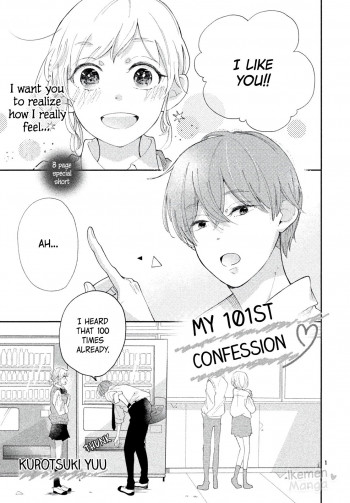Martial Peak Reviews
R. Cooper's Little God is a captivating exploration of the complexities of desire, love, and the divine interplay between mortals and gods. The narrative centers around Melis, the fledgling God of Desire, and King Antero, a human ruler whose heart is as formidable as it is lonely. This novel weaves a tale that is both enchanting and thought-provoking, inviting readers to ponder the nature of desire and the transformative power of love.
At its core, Little God is a story about longing and fulfillment. Melis, known by many as both a prankster and a cruel deity, embodies the capricious nature of desire. He is a character who is both revered and resented, a god who is blamed when wishes go awry and seldom thanked when they come to fruition. This duality in Melis's character is one of the novel's most compelling aspects. Cooper skillfully portrays Melis as a deity who is both powerful and vulnerable, a being who is as much a prisoner of his divine role as he is its master.
King Antero, on the other hand, is a figure of strength and solitude. Despite his beauty and noble status, he remains unwed, his heart untouched by the many suitors who have sought his hand. Antero's prayers to Melis for companionship reveal a deep yearning for connection, a desire that transcends mere romantic love. His character is a testament to the human condition, embodying the universal quest for a soulmate or, at the very least, a true friend. Antero's unwavering devotion to Melis, despite the god's silence, speaks volumes about his character and sets the stage for the novel's central conflict.
The relationship between Melis and Antero is the heart of the story. When Melis finally decides to answer Antero's prayers, he is unprepared for the depth of his own desires. This unexpected twist is where Cooper's narrative truly shines. The dynamic between the divine and the mortal is explored with nuance and sensitivity, as Melis finds himself drawn to Antero in ways he never anticipated. The evolution of their relationship is both tender and tumultuous, as Melis learns that desire is not just about longing but also about vulnerability and connection.
Cooper's writing is both lyrical and evocative, capturing the ethereal beauty of the divine and the raw emotion of human experience. The prose is rich with imagery, painting vivid pictures of the world in which Melis and Antero reside. The author's ability to convey complex emotions through simple yet poignant language is one of the novel's greatest strengths. Readers will find themselves immersed in a world where the lines between the divine and the mortal blur, where desire and love are intertwined in a dance as old as time itself.
The themes of Little God are universal, yet Cooper approaches them with a fresh perspective. The novel delves into the idea that desire is not merely a physical yearning but a profound emotional and spiritual experience. It challenges the notion that gods are infallible, presenting Melis as a deity who must learn and grow just as humans do. This theme of growth and self-discovery is mirrored in Antero's journey, as he learns to open his heart to the possibility of love in its many forms.
In comparison to other works in the genre, Little God stands out for its unique take on the relationship between gods and humans. While many fantasy novels explore the interactions between the divine and the mortal, Cooper's story is distinguished by its focus on the emotional and psychological aspects of these interactions. The novel shares thematic similarities with works like Neil Gaiman's American Gods and Madeline Miller's Circe, yet it carves its own niche by centering on the theme of desire as a catalyst for change and growth.
Overall, Little God is a beautifully crafted tale that resonates on multiple levels. It is a story that invites readers to reflect on their own desires and the ways in which they shape their lives. Cooper has created a world that is both fantastical and deeply human, a place where gods walk among mortals and where love is the ultimate force for transformation. The novel's impact lies in its ability to touch the heart and stir the soul, leaving readers with a sense of wonder and a renewed appreciation for the complexities of desire and love.
In conclusion, R. Cooper's Little God is a must-read for anyone who enjoys stories that blend fantasy with profound emotional depth. It is a novel that will linger in the minds of readers long after the final page is turned, a testament to the enduring power of storytelling and the timeless nature of the themes it explores.























Reviews 0
Post a Reviews: